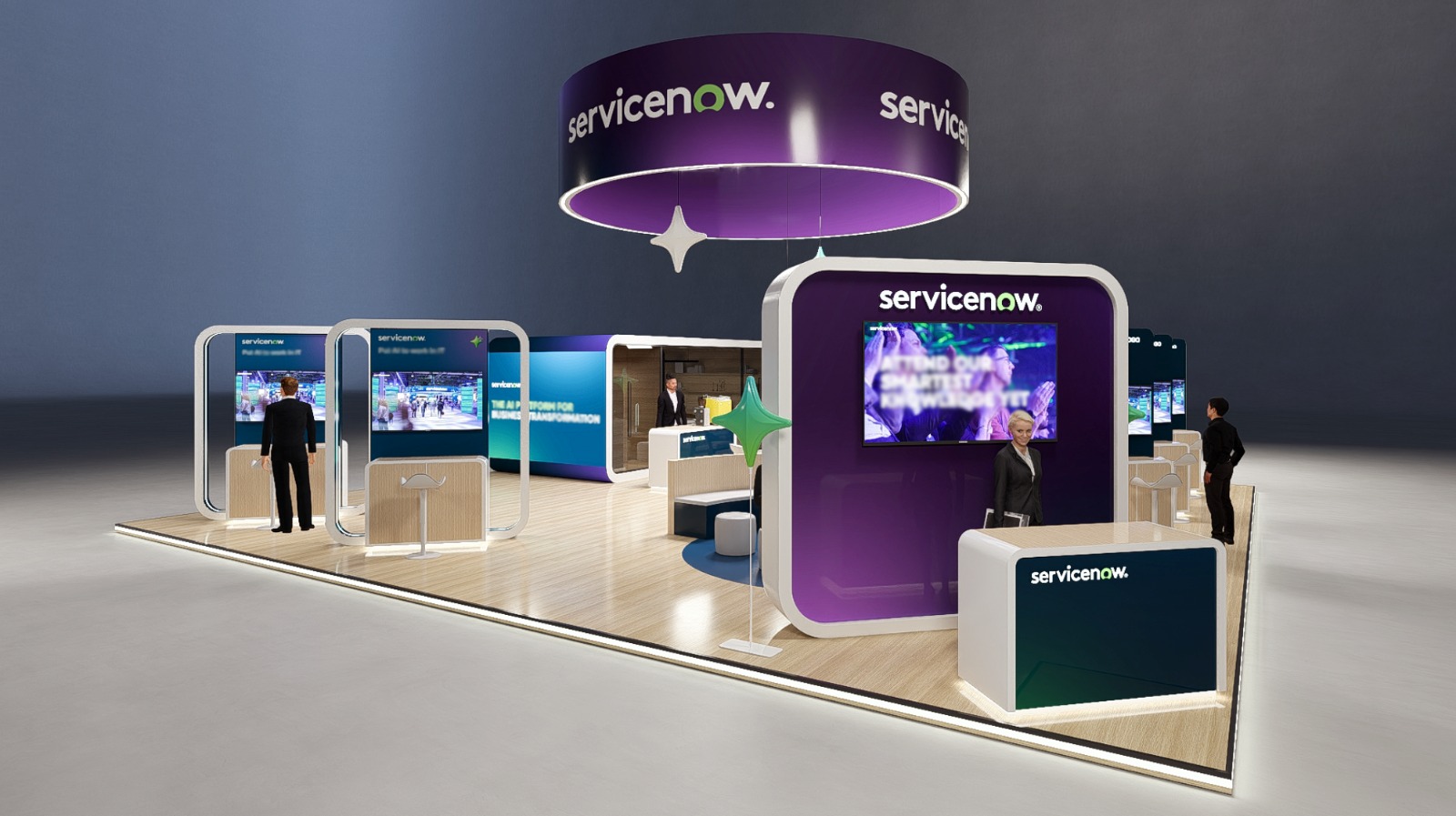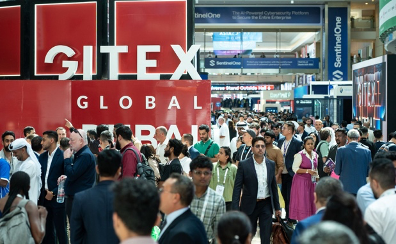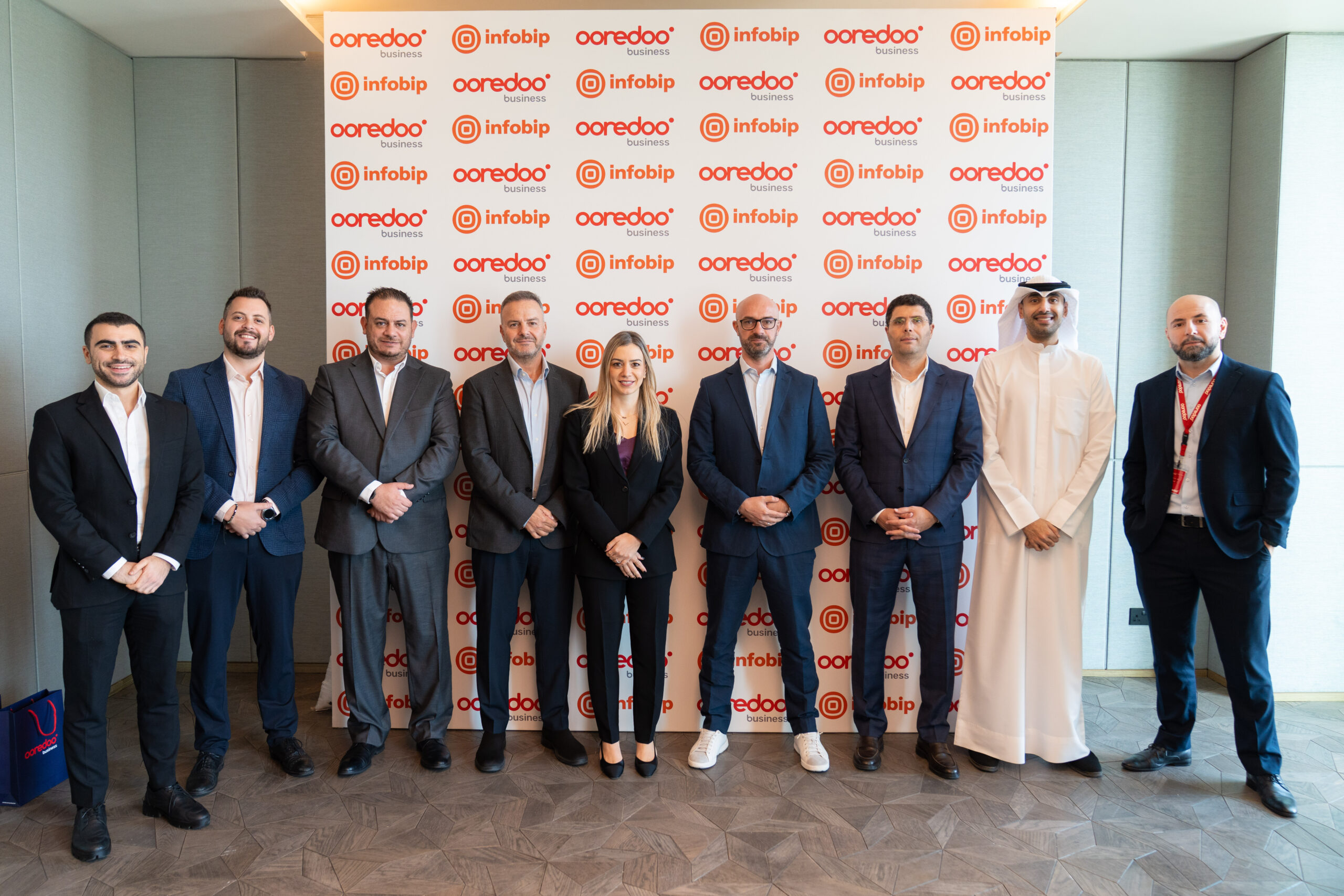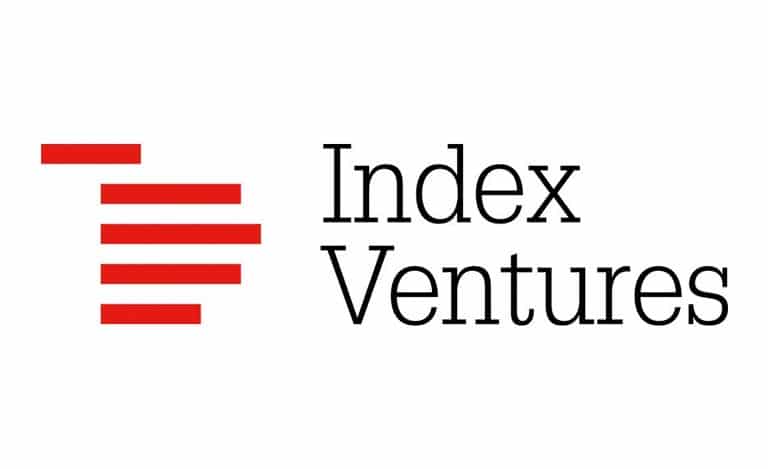Exclusive: Tech Enhancing Hospitality Without Losing the Human Touch
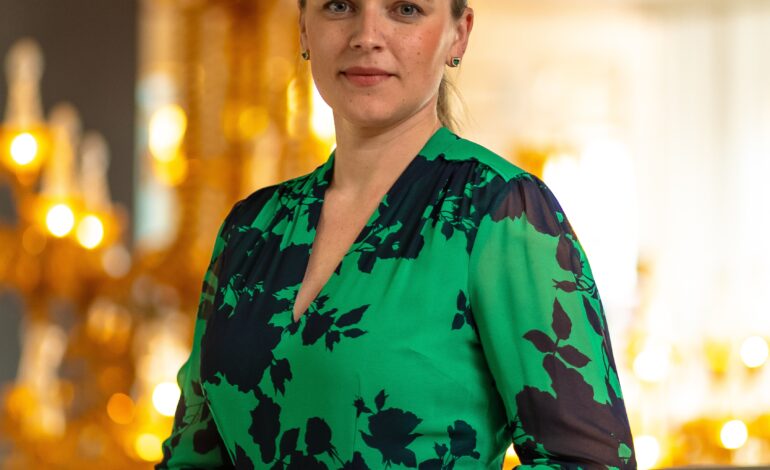
In today’s fast-evolving hospitality landscape, guest expectations continue to rise—driven by convenience, personalisation, and sustainability. At the forefront of this transformation in the UAE is Julia Schamne, Cluster General Manager of Novotel Dubai Al Barsha and Aparthotel Adagio Premium Dubai Al Barsha. With an emphasis on technology that enhances, rather than replaces, the human touch, Julia leads two flagship properties that are setting new standards for guest experience in the region.
In this interview, she shares how guest-facing innovations, data-driven personalisation, and sustainable tech are being seamlessly integrated into operations—without losing sight of what matters most: making every stay memorable.
1. How are you leveraging guest-facing technology to enhance the check-in and check-out experience?
At Novotel Al Barsha, we focus on providing a seamless and flexible arrival and departure experience. We leverage technology through the ALL Loyalty app, which allows guests to check in online before they even arrive. This significantly speeds up the process at the front desk. For check-out, guests can review their folio and settle their bill directly or via a link sent to their email, allowing them to simply drop off their keycard and leave.
2. What recent tech upgrade has had the most noticeable impact on guest satisfaction?
I would not be able to single out one upgrade; however, any and all upgrades that we have implemented which free up time for our teams to serve guests, to grow, and to utilise their time efficiently have had a great impact. Hospitality is about the human touch, and when we have more time, we become more creative, more attentive, and more deliberate in our service.
3. How are you using data insights to personalise stays or improve operational decisions?
We use data collected via the Accor loyalty programme and guest feedback platforms, as well as our internal data collection system, to understand preferences and patterns. For example, if a guest frequently requests a specific type of pillow or has a preferred room location, we can proactively prepare their room accordingly for future stays. Operationally, data helps us anticipate peak times for our restaurants and other facilities, allowing us to optimise staffing and inventory to ensure a smooth guest experience.
4. What’s your approach to integrating sustainability-focused technology into hotel operations?
Sustainability is a core focus for us. We have eliminated all guest-facing single-use plastics and digitised most of our guest communications—from menus to folios—to drastically reduce paper waste. We are also working on implementing digital key access and AI-based systems to monitor our energy and utility consumption.
5. How do you ensure that new tech solutions align with your brand’s service philosophy?
Our philosophy is that technology should enhance the human connection, not replace it. Before implementing any new solution, we assess whether it empowers our team to provide more attentive and personalised service. The goal is to use tech to handle transactional tasks efficiently, freeing up our staff to focus on what truly matters: creating a welcoming and memorable experience for our guests. The technology must be intuitive, reliable, and ultimately, make the guest’s stay easier and more enjoyable.
6. What’s one emerging technology you believe will reshape hospitality in the next 2–3 years?
I believe advanced AI-driven personalisation will be the most transformative technology. Moving beyond simple preference-setting, AI will allow us to anticipate guest needs in real time. Imagine a system that can suggest local experiences based on a guest’s calendar, adjust room ambiance based on their stated mood, or proactively offer services through a conversational AI that feels genuinely helpful. This level of hyper-personalisation will redefine what it means to have a truly tailored hotel stay.


